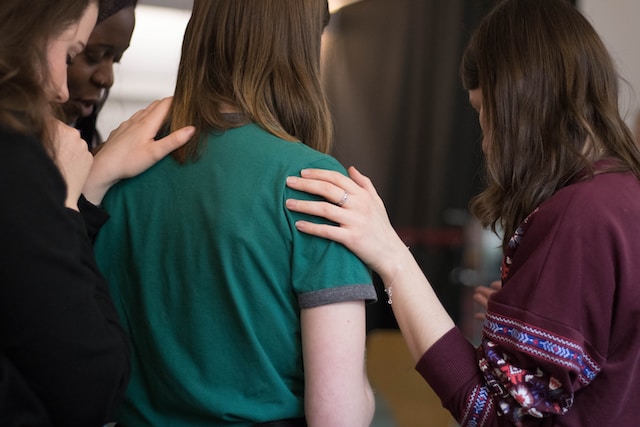Introduction
Prejudice and discrimination have plagued societies for centuries, hindering progress and causing immense harm to individuals and communities. However, as we move forward into a more inclusive and enlightened era, it is crucial to address these issues head-on and work towards a future free from prejudice and discrimination. In this article, we will explore the importance of breaking down barriers, the impact of prejudice and discrimination, and the steps we can take to create a better future for all.
Understanding Prejudice and Discrimination
Prejudice refers to preconceived opinions or attitudes towards individuals or groups based on their perceived characteristics, such as race, gender, religion, or sexual orientation. Discrimination, on the other hand, involves treating individuals or groups unfairly based on these prejudices. Both prejudice and discrimination can have severe consequences, leading to social exclusion, unequal opportunities, and a perpetuation of stereotypes.
The Impact of Prejudice and Discrimination
Prejudice and discrimination have far-reaching effects on individuals and society as a whole. They create divisions, foster hostility, and limit the potential of marginalized groups. Discrimination can lead to unequal access to education, employment, healthcare, and other essential services, perpetuating cycles of poverty and inequality. Moreover, the psychological impact of prejudice can cause stress, anxiety, and low self-esteem among those who experience it.
Breaking Down Barriers
Overcoming prejudice and discrimination requires a collective effort from individuals, communities, and institutions. Here are some key steps we can take to break down barriers and create a more inclusive future:
1. Education and Awareness: Education plays a vital role in challenging stereotypes and promoting understanding. By incorporating inclusive curricula and promoting diversity in schools, we can foster empathy and tolerance from an early age. Additionally, raising awareness through campaigns, workshops, and discussions can help dismantle biases and promote acceptance.
2. Promoting Equal Opportunities: It is essential to ensure equal opportunities for all individuals, regardless of their background. This involves implementing fair hiring practices, providing training and support for underrepresented groups, and creating inclusive workplaces and institutions. By promoting diversity and inclusion, we can tap into a wider range of talents and perspectives, leading to innovation and growth.
3. Legislation and Policy Changes: Governments and institutions must enact and enforce laws that protect individuals from discrimination. Anti-discrimination laws should cover all aspects of life, including employment, housing, and public services. Additionally, policies that promote diversity and inclusion can help create a more equitable society.
4. Empathy and Dialogue: Building empathy and fostering open dialogue are crucial in breaking down barriers. Encouraging individuals to listen to and understand different perspectives can help challenge biases and promote understanding. Engaging in respectful conversations and actively seeking out diverse voices can lead to greater empathy and bridge the gaps between communities.
5. Allyship and Support: Allies play a vital role in dismantling prejudice and discrimination. By standing up against injustice, supporting marginalized groups, and amplifying their voices, allies can help create a more inclusive society. It is essential for individuals to educate themselves, acknowledge their privilege, and actively work towards dismantling systemic barriers.
Conclusion
Breaking down barriers and overcoming prejudice and discrimination is a collective responsibility. By promoting education, equal opportunities, legislation, empathy, and allyship, we can create a better future for all. It is through our collective efforts that we can build a society that celebrates diversity, embraces inclusivity, and ensures equal rights and opportunities for everyone. Let us work together to break down these barriers and create a world free from prejudice and discrimination.











